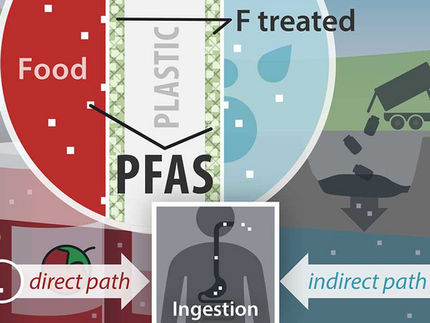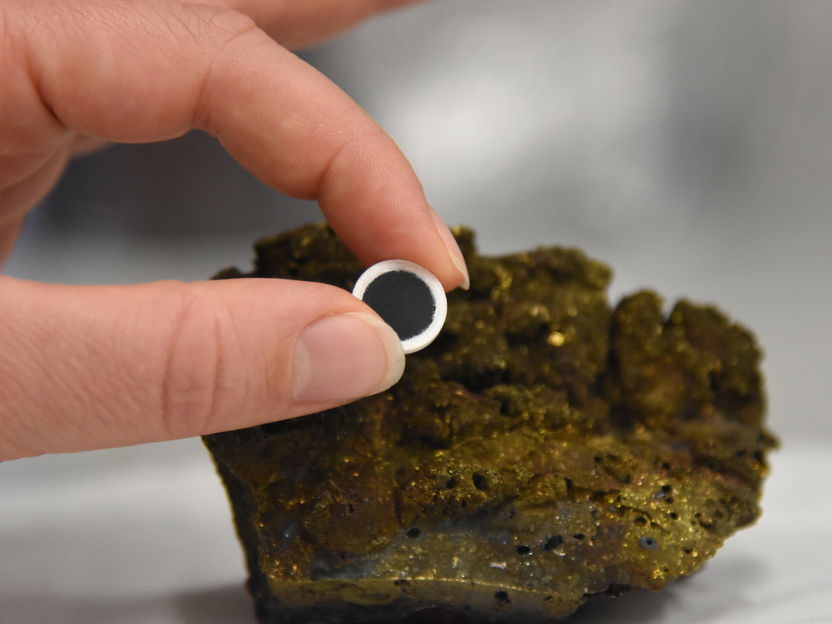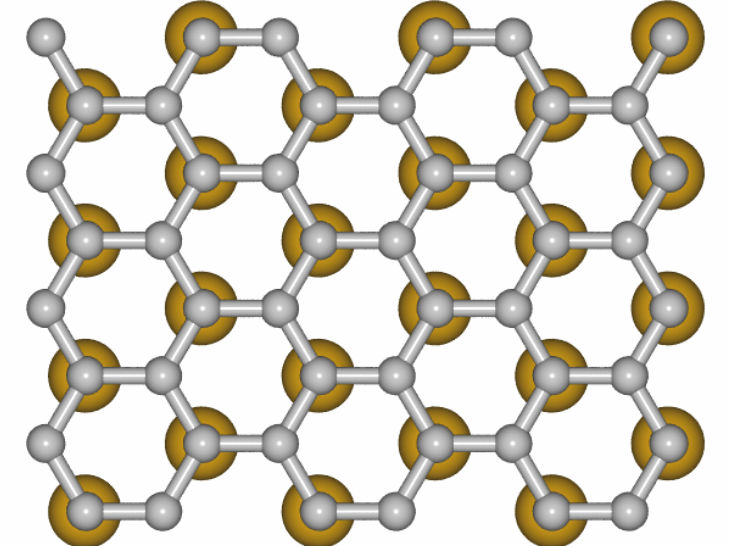Use of PFAS in cosmetics 'widespread'
Many cosmetics sold in the United States and Canada likely contain high levels of per- and polyfluoroalkyl substances (PFAS), a potentially toxic class of chemicals linked to a number of serious health conditions, according to new research from the University of Notre Dame.

Symbolic image
Photo by engin akyurt on Unsplash
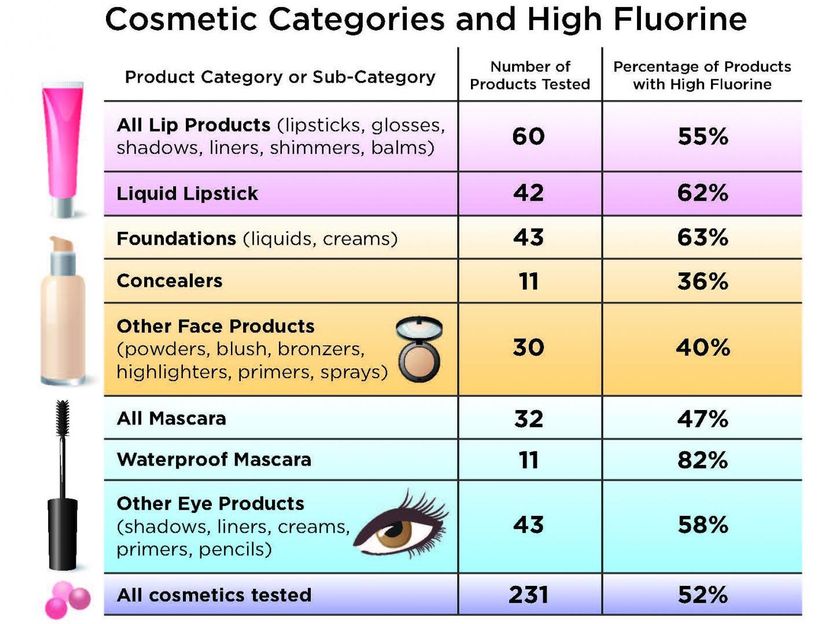
According to the study, 56% of foundations and eye products, 48% of lip products and 47% of mascaras tested were found to contain high levels of fluorine, which is an indicator of PFAS use in the product.
University of Notre Dame
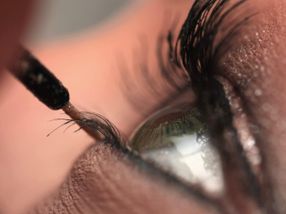
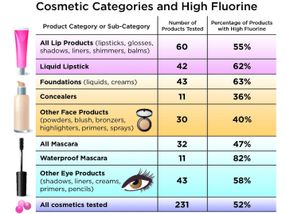
Scientists tested more than 200 cosmetics including concealers, foundations, eye and eyebrow products and various lip products. According to the study, 56 percent of foundations and eye products, 48 percent of lip products and 47 percent of mascaras tested were found to contain high levels of fluorine, which is an indicator of PFAS use in the product.
"These results are particularly concerning when you consider the risk of exposure to the consumer combined with the size and scale of a multibillion-dollar industry that provides these products to millions of consumers daily," Graham Peaslee, professor of physics at Notre Dame and principal investigator of the study, said. "There's the individual risk -- these are products that are applied around the eyes and mouth with the potential for absorption through the skin or at the tear duct, as well as possible inhalation or ingestion. PFAS is a persistent chemical -- when it gets into the bloodstream, it stays there and accumulates. There's also the additional risk of environmental contamination associated with the manufacture and disposal of these products, which could affect many more people."
Previously found in nonstick cookware, treated fabrics, fast food wrappers and, most recently, the personal protective equipment used by firefighters across the country, PFAS are known as "forever chemicals," because the chemical compounds don't naturally degrade -- which means they end up contaminating groundwater for decades after their release into the environment. Use of PFAS in foam fire suppressants has been linked to contaminated drinking water systems, prompting the Department of Defense to switch to environmentally safer alternatives, for example.
Studies have linked certain PFAS to kidney cancer, testicular cancer, hypertension, thyroid disease, low birth weight and immunotoxicity in children.
Peaslee and the research team tested products purchased at retail locations in the United States as well as products purchased online in Canada. The study found high levels of fluorine in liquid lipsticks, waterproof mascaras and foundations often advertised as "long-lasting" and "wear-resistant." Peaslee said this not entirely surprising, given PFAS are often used for their water resistance and film-forming properties.
What is more concerning is that 29 products with high fluorine concentrations were tested further and found to contain between four and 13 specific PFAS, only one of these items tested listed PFAS as an ingredient on the product label.
"This is a red flag," Peaslee said. "Our measurements indicate widespread use of PFAS in these products -- but it's important to note that the full extent of use of fluorinated chemicals in cosmetics is hard to estimate due to lack of strict labeling requirements in both countries."
Peaslee's novel method of detecting PFAS in a wide variety of materials has helped reduce the use of "forever chemicals" in consumer and industrial products.
Following a study from his lab in 2017, fast food chains that discovered their wrappers contained PFAS switched to alternative options. Peaslee continues to receive samples of firefighter turnout gear from fire departments around the world to test for PFAS, and his research has spurred conversations within the firefighter community to eliminate use of "forever chemicals" in various articles of personal protective equipment.

